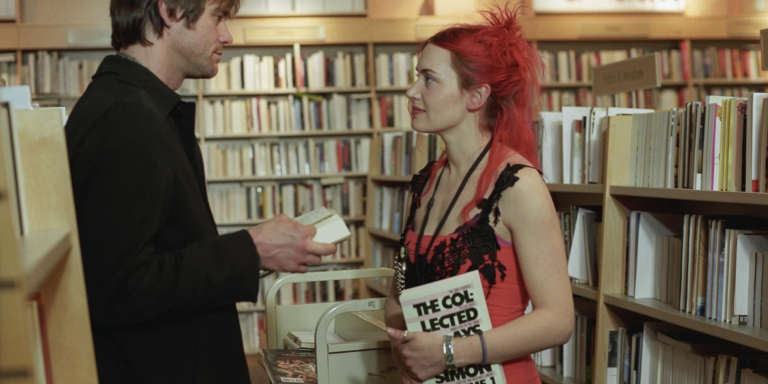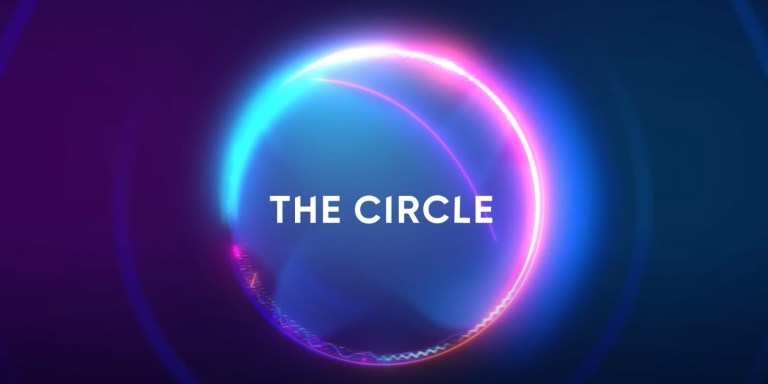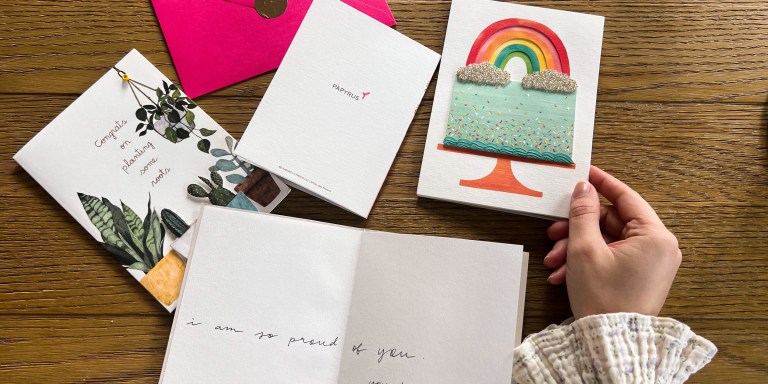
I’ve never understood why people get so angry about suicide. I’ve always seen it as the ultimate assertion of self-control. We don’t control that much about our lives – death is the only certainty we have.
Hunter S. Thompson notoriously said he didn’t want to live past his usefulness. “67. That is 17 years past 50. 17 more than I needed or wanted. Boring.”
Your body, your choice, right?
But many people think suicide should be more than your own personal choice exercised alone in your room, or in front of the A train. Some countries, like the Netherlands, Belgium, and Switzerland, will let you get physician-assisted suicide for non-terminal conditions, like mental illness.
Do we really want the government to help people make that decision?
A great piece by Rachel Aviv for the New Yorker explains why not. In her story, we see that the Belgian intelligentsia widely advocates the procedure for philosophical reasons. It follows Tom, who is fighting Belgium’s medical system because his depressed mother, Godelieva, was euthanized without consulting him or his sister.
In the United States, assisted suicide is on a state-by-state basis. And usually reserved for people who have less than six months to live. It’s not like that in Europe. According to the New Yorker article, 13 percent of people who undergo assisted suicide in Belgium don’t have something that could kill them. In Flanders, a full five percent of people die from euthanasia. The local paper runs stories about brave souls who underwent the procedure. Like a woman who got dumped by her boyfriend.
The worst part about the story is a malevolent and flamboyantly dressed doctor named Wim Distelmans. Distelmans holds euthanasia seminars for teenagers. His organization features a pamphlet with an excerpt from Utopia by Thomas More, describing a society where government officials and priests visit suffering people and say “Why don’t you break out and escape to a better world?”
Godelieva had a family. And her depression was off and on. She had trouble finding a doctor to euthanize her. But Distelmans didn’t waste any time.
It sounds like the Brave New World of a conservative candidate’s dream.
Severely depressed people aren’t going to weigh the pros and cons of being dead. They just want to not hurt right now. They’re impressionable, and if some bangle-wearing authority figure tells them that killing themselves is the way to go, then by God they are going to do it.
Depression fades, too. No one is depressed all the time. Human beings can cope with everything in the long haul. We absorb it, time passes, and we move on without realizing it.
Just the nature of existence is depressing. You’re alive right now knowing that the more you learn about life, the less you can use that knowledge. Because you and everyone you know will get old and boring and your bodies are going to wither, decay, and die. That’s rough. Life’s inherently rough when you think about it.
But you don’t. Because we’re emotionally geared towards the present.
One of the most shocking and wonderful things about the world is the indomitability of the human spirit. I should know, I have autism. Mine’s not severe by any means, but it’s still a pretty undignified thing to be dealing with. I feel slow. And foolish.
But there are many things I love about life. Like great books. And pizza. Life is worth living because of all the great books in this world alone. People who are way worse off than me find plenty of things to be happy about. Unless they’re being treated like shit all the time. Then they might not.
Many disability organizations oppose assisted suicide. In fact on January 6, eleven disability rights groups filed a friend-of-the-court brief in a New York appeals court against physician-assisted suicide. The brief states that the top five reasons patients request it are “loss of autonomy,” “less able to engage in activities,” “loss of dignity,” “loss of control of body functions,” and “feelings of being a burden.” Naturally, it talks about all the ways a disabled person could be coerced into suicide. It also points out that all of those reasons have more to do with what other people think of you than they do about physical pain.
People who are disabled are as capable of making choices as anyone else. Advocates for assisted suicide on a non-terminal basis say it should be a rational choice. But we are not rational creatures. Generally, the more bullshit we have to put up with, the less rational we get.
I had a friend in college who was confined to a wheelchair. He could take care of himself. Everything worked except his legs. And he could still crawl. He tried to kill himself in his dorm room because he said, and I quote, “I’m tired of being a burden.” He said that the way people treated him for being in a wheelchair was much worse than the wheelchair itself.
He’s doing well now. Very well. He owns his own business. But if he’d gone to Belgium and requested euthanasia, Dr. Distelmans would have happily given it to him.
The thing is, my friend didn’t decide his life was worthless. Society did. Assisted suicide for non-lethal conditions is a brutal way of placing responsibility on disabled people for problems we didn’t create.
Plus if you really want to exercise your autonomy, people have been doing that since the dawn of time. Most gun deaths are actually suicides. No matter how you feel about gun control, it’s supposed to be the most effective and painless method of calling it quits. And there’s plenty of suicide tricks I’ve read about during my darker points that I’m not going to tell you about.
Anyway, isn’t the phrase supposed to be “killing yourself?” Not “enlisting the government to kill you?” If you still insist on the glory of the ultimate decision, then asking permission is not the way to go.
Before reading all the cases against it, I thought assisted suicide was a no-brainer whether you had a lethal condition or not. Why make someone suffer? Why make them cheat fate in a back alley like a 1950s abortion?
But now I’m not so sure. I’ll be the first person to say we should have the right to control our own lives no matter what. But I think a lot of these patients have less control over themselves than they think. ![]()





